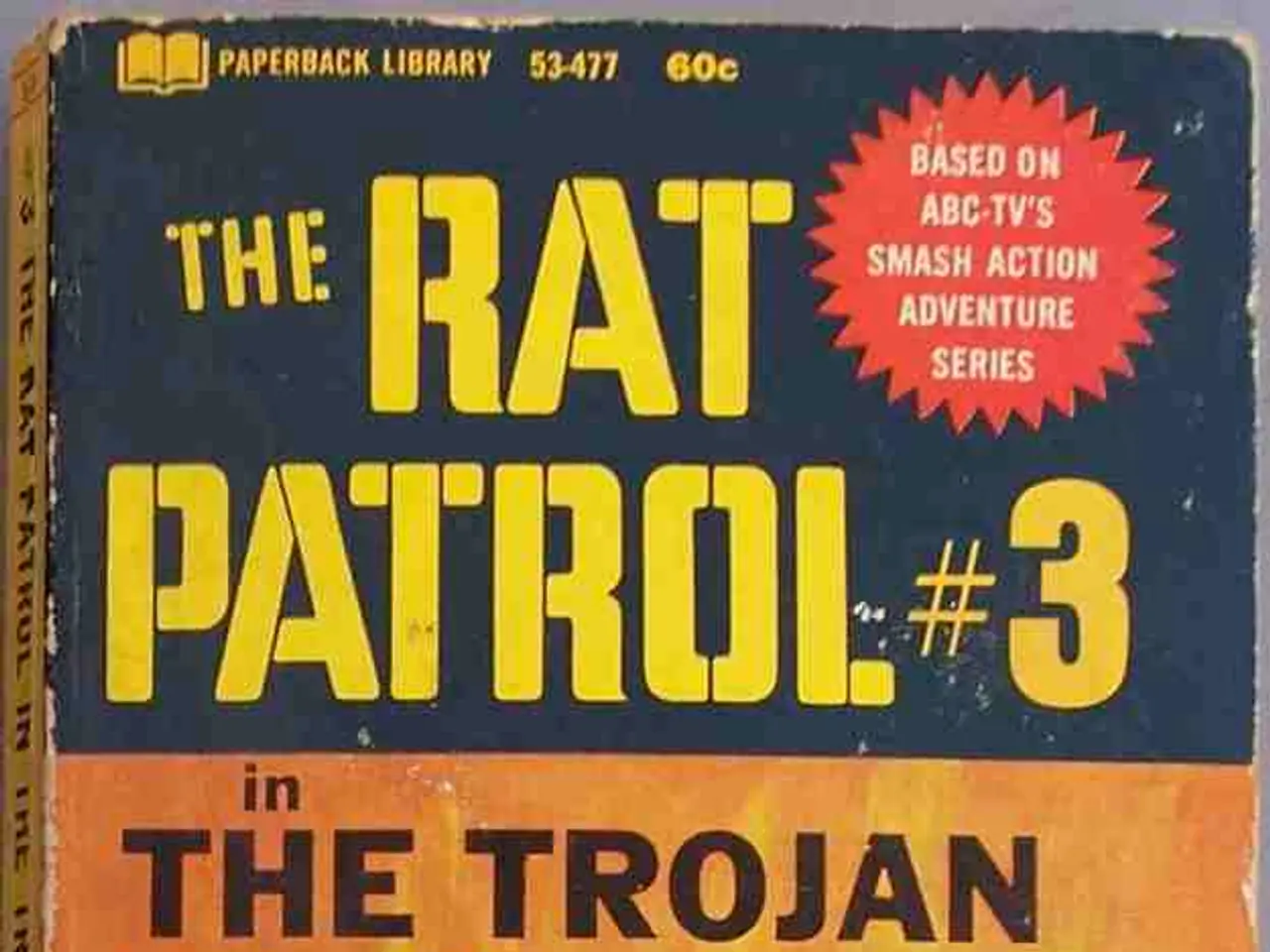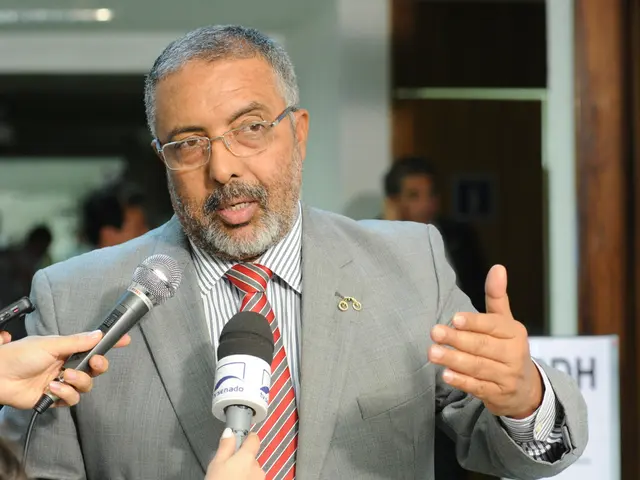U.S. Drone Wars Face Impending Reckoning: Ten Years After al-Awlaki's Assassination
The targeted killing of Anwar al-Awlaki, an American citizen, in 2011, by a drone strike, remains a contentious issue in the realm of counterterrorism and constitutional law.
The Obama administration argued that due process was not the same as judicial process in justifying the targeted killing of al-Awlaki. This stance was reinforced by the administration's legal test for targeted killings, which was specifically crafted for al-Awlaki, highlighting the discretionary nature of this exercise of executive power.
However, the Obama administration never charged al-Awlaki with a crime or presented concrete evidence of his guilt apart from alluding to having secret intelligence. This lack of transparency led to debates among legal scholars, journalists, and the public, with some viewing the strike as an assassination or execution.
The drone strike on al-Awlaki involved the CIA, Joint Special Operations Command, and allied foreign intelligence services. The operation was the result of a multiyear effort.
The efficacy of targeted killings depends on various factors, including who and what is targeted, as well as if a strike hits the intended target. Studies have arrived at divergent conclusions about how targeted killings impact group durability, with some identifying no distinguishable effect and others showing that leadership decapitation significantly increases the likelihood of organizational demise.
On the other hand, some contend that groups become more indiscriminate in the immediate period after such attacks. The recent drone strike resulted in the death of ten civilians, including seven children, raising questions about the precision and accountability of these operations.
The CIA's drone program is conducted under Title 50 covert action authority, a well-known secret in the world of intelligence. The Obama administration eschewed the judicial court and instead opted for the court of public opinion by using secret intelligence to shape a narrative that justified the extrajudicial killing of al-Awlaki.
The targeted killing of al-Awlaki presents a constitutional gray area at the intersection of the executive, secret intelligence, and the rule of law. General Kenneth F. McKenzie, Jr., stated that the US unit responsible for the drone strike had followed the targeted vehicle for eight hours, suggesting that the intelligence processes and targeting procedures underpinning drone strikes may still be insufficient to prevent errors.
In a more recent development, the Biden administration launched a retaliatory drone strike in Afghanistan against a suspected Islamic State militant following a suicide bombing. The events surrounding the targeted killing of Anwar al-Awlaki continue to spark debates about due process, extrajudicial killings, executive power, and the ethics of drone strikes targeting U.S. citizens without trial.
Read also:
- United States tariffs pose a threat to India, necessitating the recruitment of adept negotiators or strategists, similar to those who had influenced Trump's decisions.
- Weekly happenings in the German Federal Parliament (Bundestag)
- Southwest region's most popular posts, accompanied by an inquiry:
- Discussion between Putin and Trump in Alaska could potentially overshadow Ukraine's concerns






